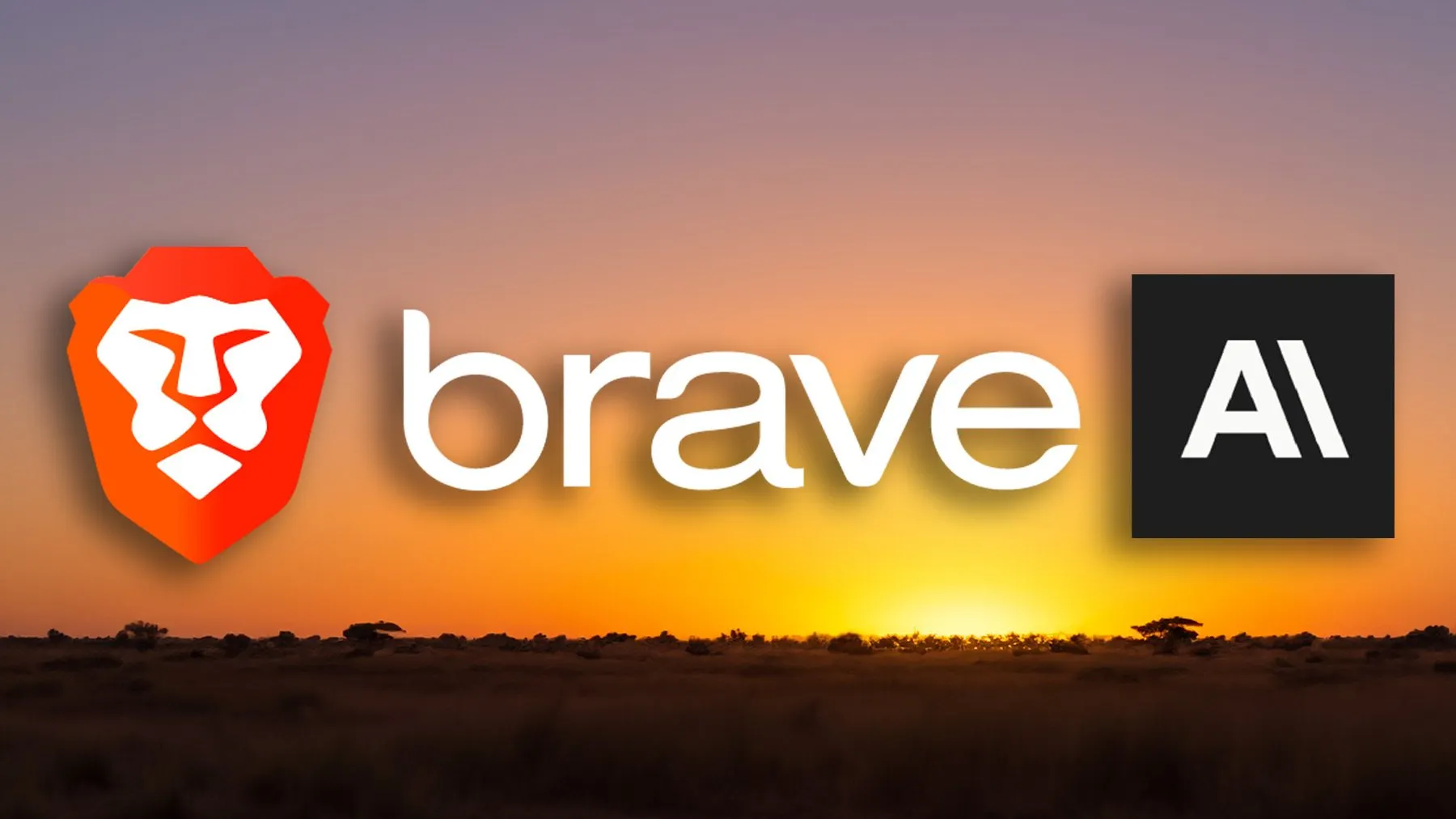The makers of the privacy-focused internet browser Brave are joining a litany of crypto-friendly companies jumping aboard the AI movement with the launch of Leo Premium, a generative AI tool utilizing Anthropic’s AI model. Leo is available in the Brave Browser for desktop today, with a mobile version coming soon.
According to Brave, Leo can translate, analyze, and rewrite pages, bringing more AI functionality to the popular browser. Brave already included an AI feature called the Summarizer, which ran within Brave Search to provide relevant and concise answers.
“We tested several systems, and Anthropic was the best fit for this initial release with their speed and advanced conversational abilities,” Brave CTO and co-founder Brian Bondy told Decrypt, adding that Anthropic used Brave’s Search API to train and optimize their latest model, Claude 2.
Leo, Bondy said, is built with flexibility in mind and allows different models to run. With the $15 monthly subscription-based Leo Premium, Brave users can access Claude Instant and Meta’s Llama 2 70B, for starters.
“We believe that more models will be offered over time and that users should be able to choose among them,” Bondy said.
Bondy said Leo is more than a simple chat interface—it’s also a companion that helps make sense of the web and works without recording user chats or using user inputs to train its AI model.
“Leo ‘understands’ the current page you’re visiting—it’s the next best thing to talking directly with the author,” Bondy said. “Leo can independently analyze and reason about pages, free of the author’s biases.”
As Bondy explained, Leo can also analyze pages behind firewalls, paywalls, and otherwise unavailable content.
In September, ChatGPT creator OpenAI announced the return of its “Browse with Bing” feature after taking the feature down earlier this year after it was discovered that ChatGPT Plus subscribers used the feature to bypass paywalls.
Bondy said Leo prioritizes user privacy: conversations aren't stored, and inputs are anonymous, adding that no logins are needed, and premium subscriptions are unlinkable. To prevent misuse, Bondy said, Leo censors harmful responses and will decline to answer what is deemed illegal or dangerous according to Anthropic and Brave’s policies.
Experts have long cautioned that generative AI has a habit of making up facts, also known as hallucinations, and responding with answers that could promote eating disorders and could even aid in the planning of a biological terrorist attack.
Future enhancements, Bondy said, include exploring how to integrate Leo with Brave Rewards and a recommendation engine, linking Leo's responses for highlighted keywords to Brave Search, integrating Leo with Brave Wallet for Web3 queries, and plugging into Brave News for enhanced content curation.
“This shows how the browser as a user agent and super-app is the ultimate platform for AI,” he said.
The proliferation of AI models in the marketplace has been likened to an arms race with AI developers and investors pushing to be the dominant name in mainstream AI. Tech giants Microsoft, Google, and Amazon have collectively spent several billion on generative AI in the last year.
While OpenAI’s ChatGPT has become the standard by which AI chatbots are measured, investors have started to pour money into Anthropic, arguably its closest rival. In September, Amazon announced a $4 billion investment in Anthropic; this was followed in October by Google increasing its bet on Anthropic with a $2 billion investment in the AI developer.
Edited by Ryan Ozawa.

